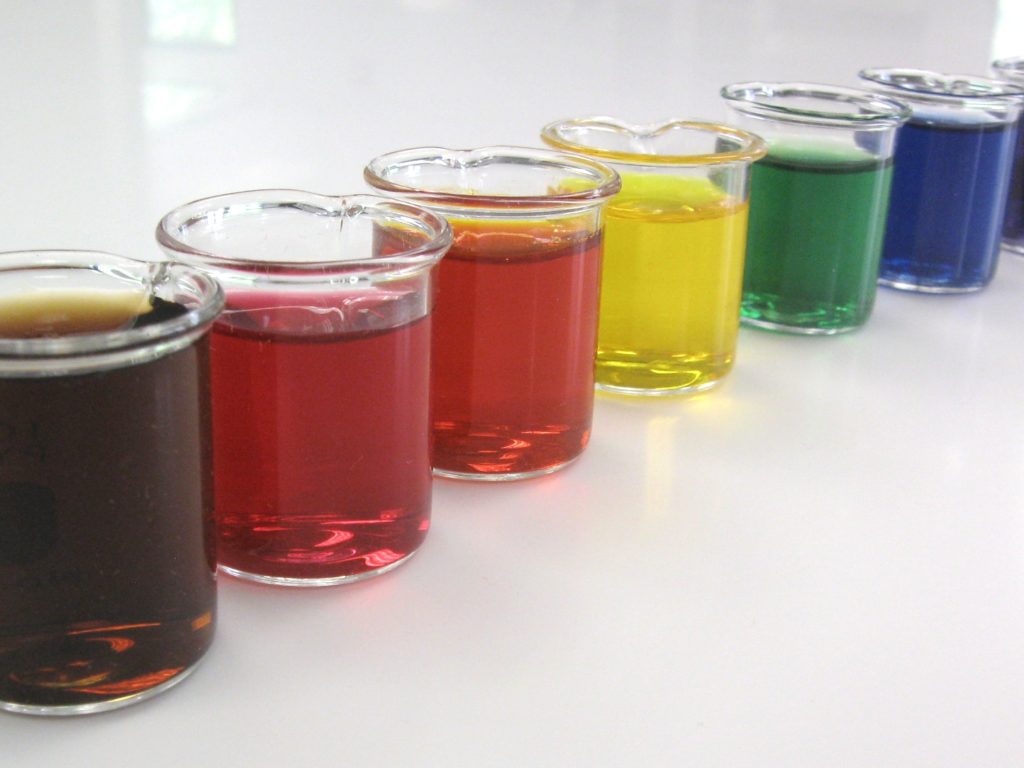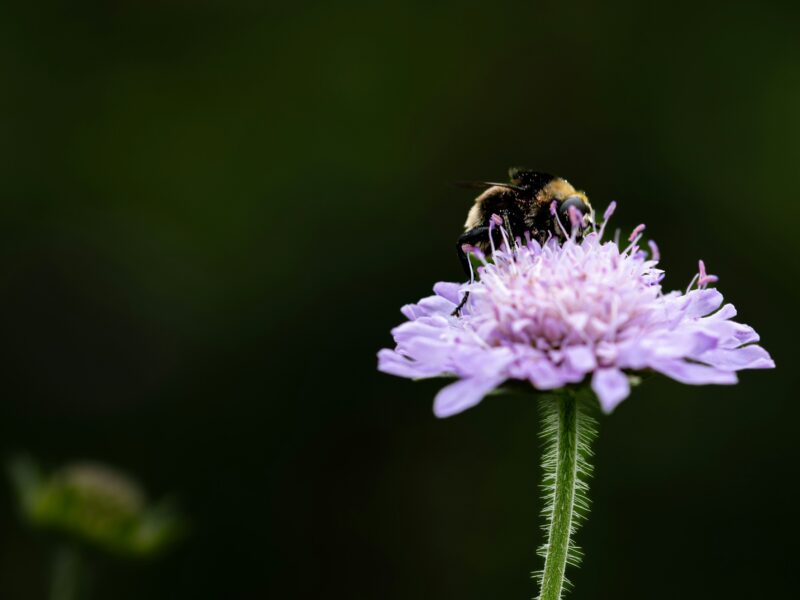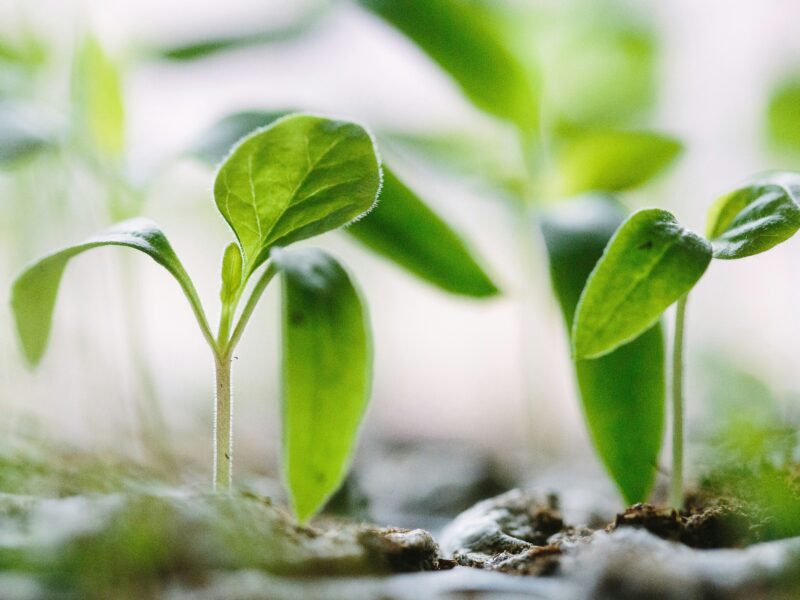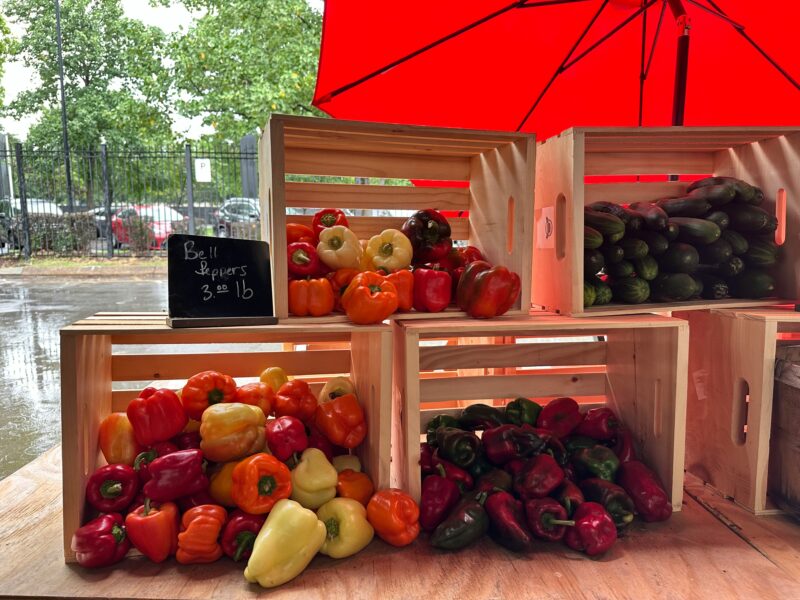By: Violet Batcha (Only Organic)
Whenever the goodness of organic food is debated there are rumblings that organic standards aren’t stringent enough and continue to weaken. You might have even heard of an allusive list of non-organic ingredients that are allowed in certified organic foods.
While it’s true that such a list exists, it’s important to understand that it was created to allow the organic industry to grow while adhering to strict regulations that look out for the health of the environment, animals, and us.
Unlike the synthetic colors, flavors, stabilizers and other additives found in many processed and packaged foods, the US Department of Agriculture’s National List of Allowed and Prohibited Substances for organic foods only includes substances that are deemed necessary to the production or handling of an organic product, are not harmful to human health and the environment, and only if there are no organic alternatives that could be used in their place.
So what’s on the list?
Included are items that help organic farmers like sticky traps to control insects and other pests, newspaper for mulch, chlorine for disinfecting equipment and sanitizing livestock facilities, aspirin to reduce inflammation in livestock and hydrogen peroxide to clean wounds.
Other substances allowed are essential for processing certain organic products that cannot be produced organically – things like yeast, baking soda, certain vitamins and minerals, carbon dioxide, dairy cultures, natural flavors, natural waxes, even oxygen. These ingredients may not exceed a combined 5% of the product.
The National List was established in 2002, and since then, organic standards have become even more restrictive. Since 2008, only six synthetic substances have been added to the list, while 44 have been removed, denied or further restricted. Today there are 127 non-organic items that can be added to organic food as long as they meet the USDA’s criteria. This number gets really small when you compare it to the estimated 10,000 food additives that are used in non-organic products.
Allowing this strictly controlled list of artificial ingredients has helped the organic industry to grow beyond selling whole fruits and veggies to selling things like bread, which requires yeast and baking soda. It makes the job of organic farmers easier, while still protecting organic consumers from exposure to potentially harmful synthetic ingredients.
When it comes down to it we have two options; let organic bakers use baking soda or risk losing the option to buy organic baked goods, which would you prefer?









